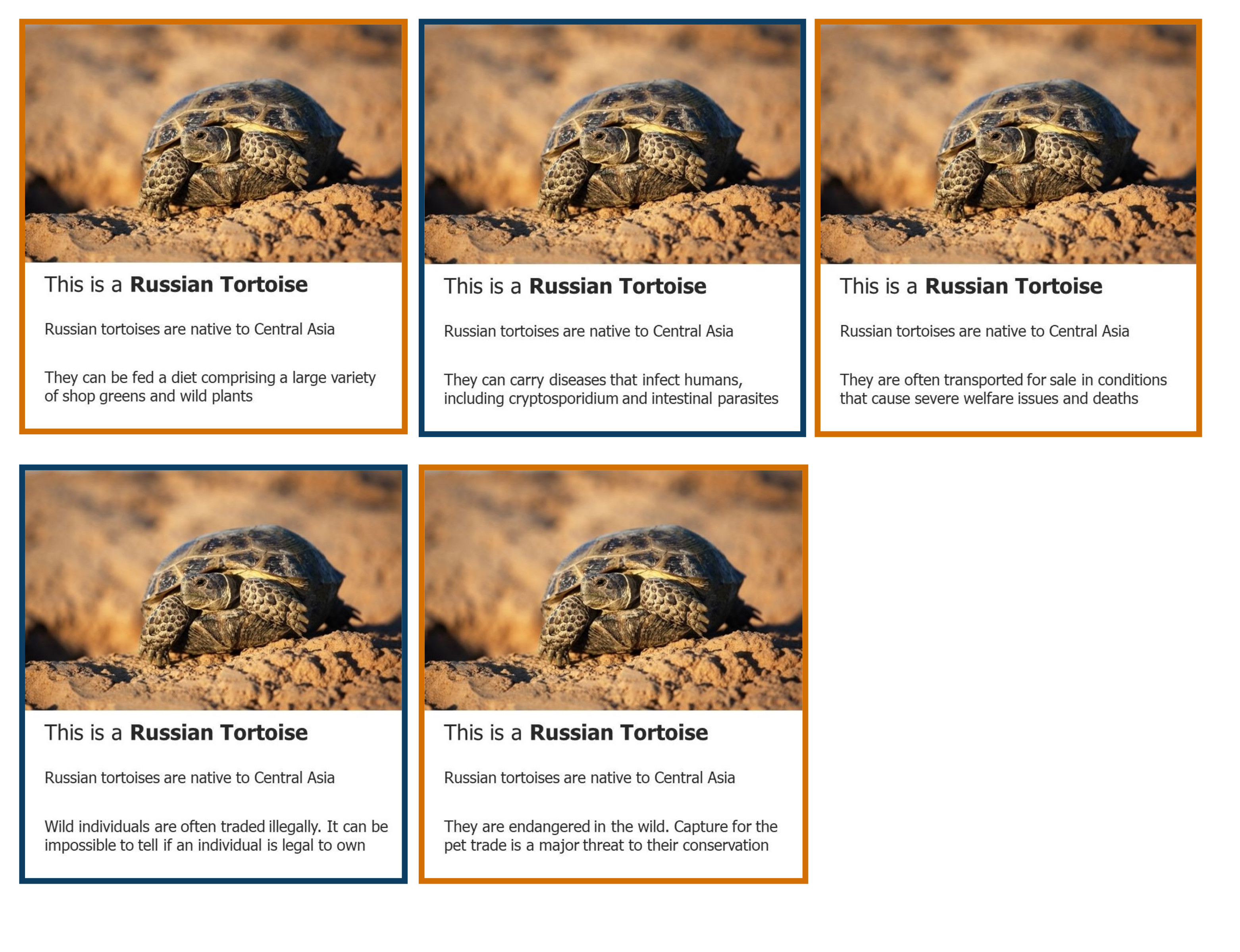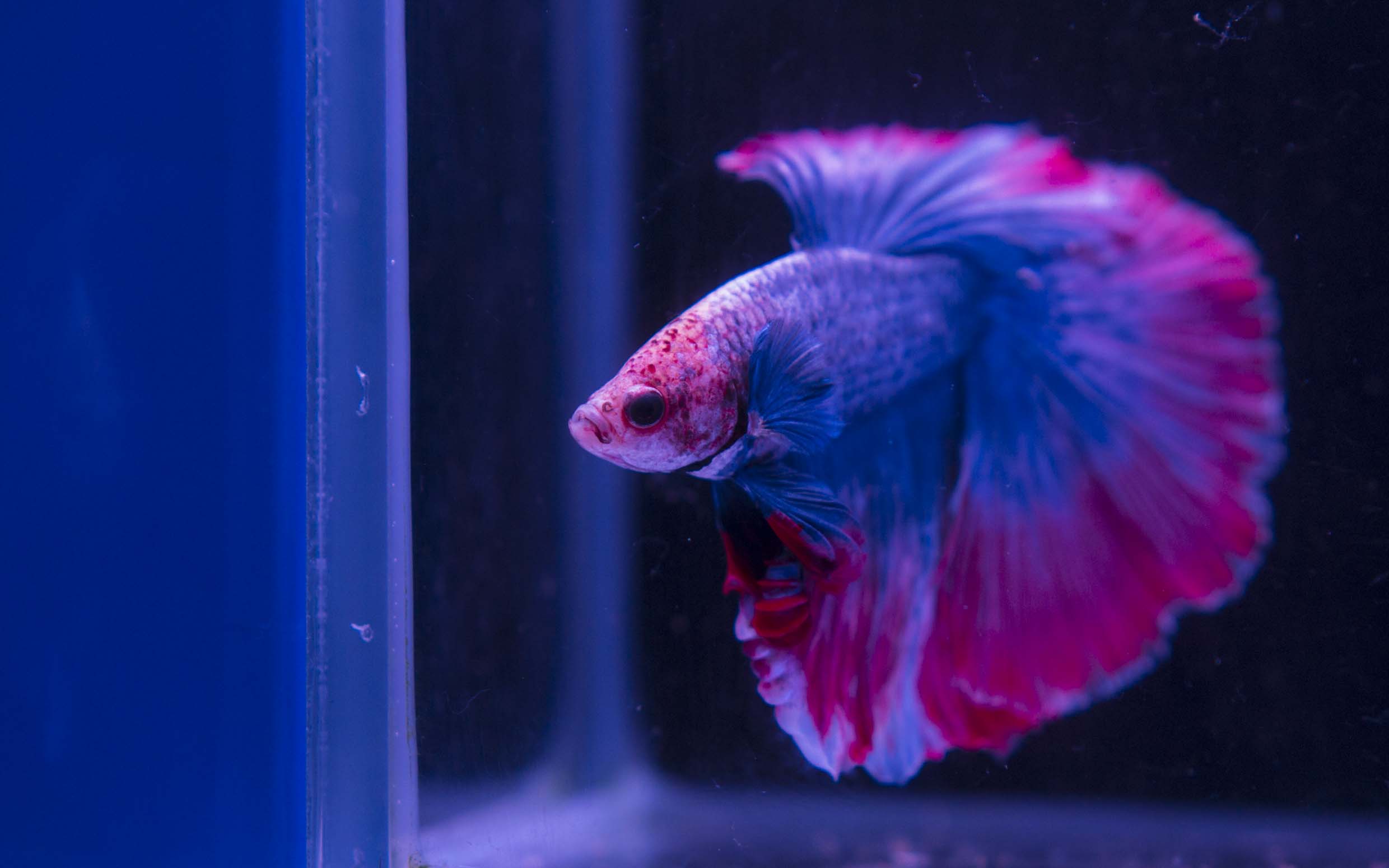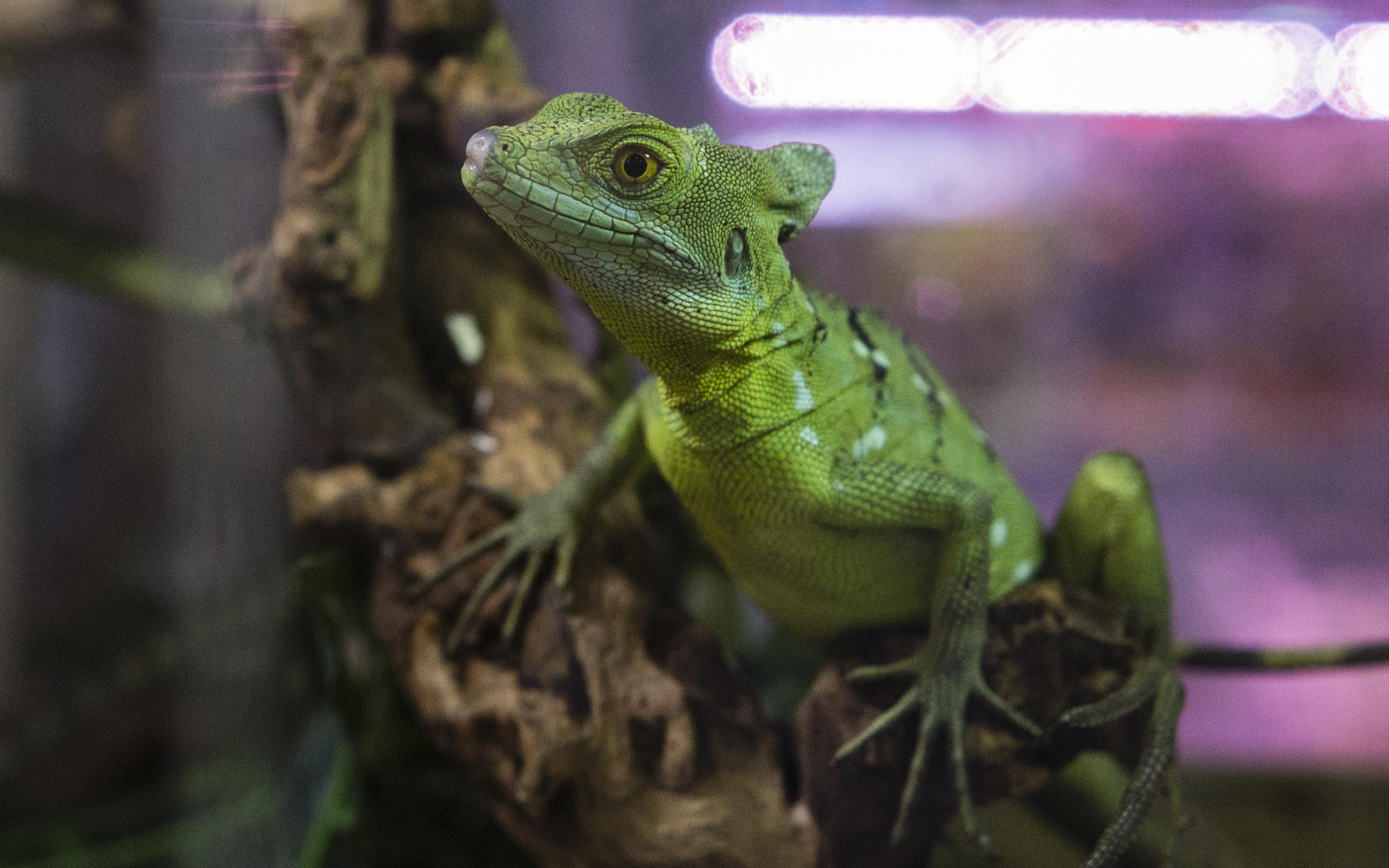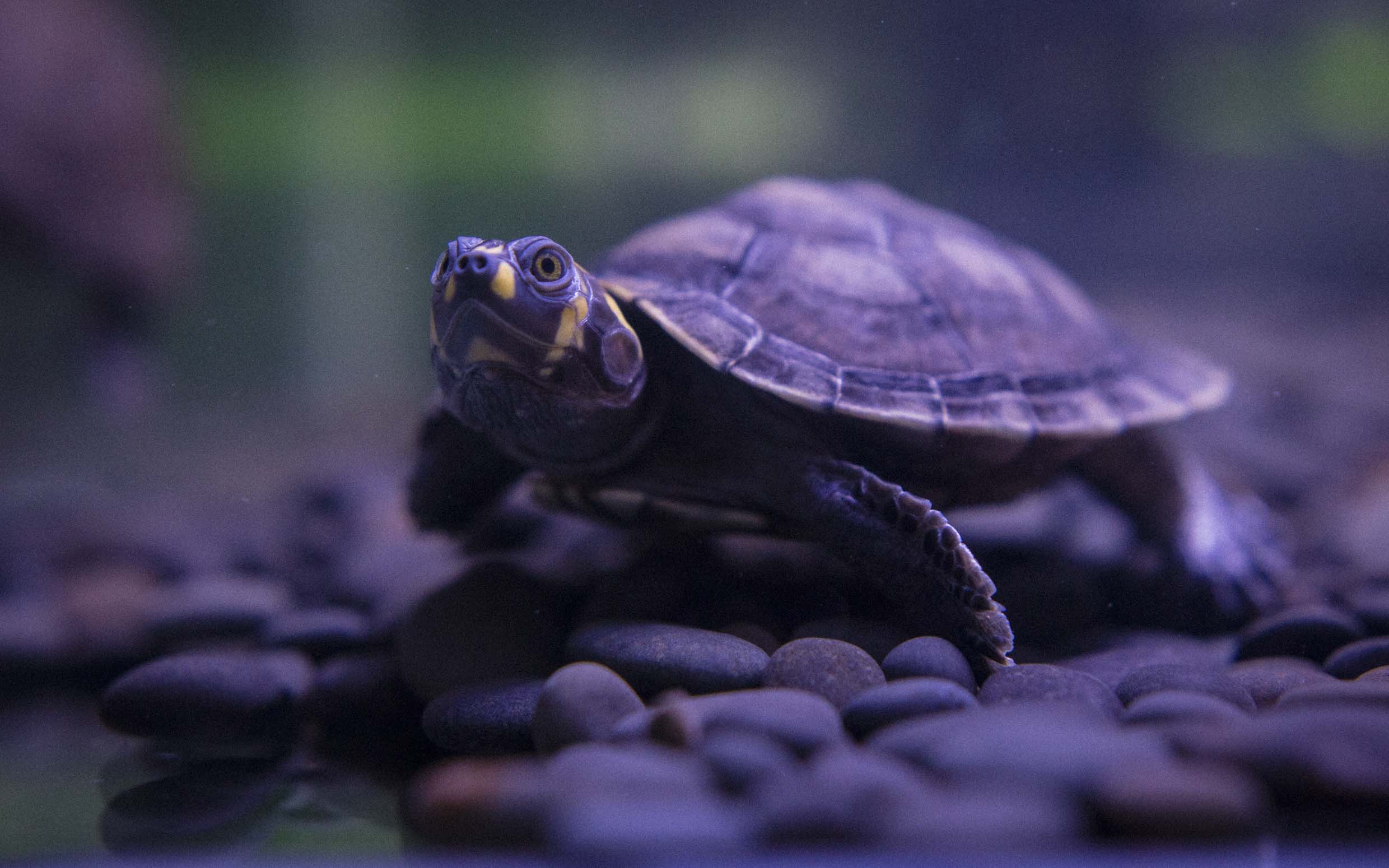News
Could COVID-19 lower global demand for illegal wildlife products?
The COVID-19 pandemic might reduce consumer demand for wildlife-based products – but only temporarily on its own without additional interventions. This is the finding of a novel study by scientists at Oxford University’s Wildlife Conservation Research Unit, in collaboration with World Animal Protection, published on the 4th February 2021 in the journal Frontiers in Ecology And Evolution.
The global trade in wildlife poses a threat to human health, biodiversity, species conservation and animal welfare. The trade is worth $31-43 billion annually, of which up to half is illegal, with animals typically poached from the wild and distributed through criminal organisations to consumer countries. Among key drivers of this trade is demand for exotic pets. In 2018 (before COVID-19) researchers surveyed 4,000 people in Brazil, China, Vietnam and the USA, to determine whether informing them of the possible negative consequences of owning exotic pets might reduce their desire to do so. They found that in all countries the most effective information to reduce people’s desire to own exotic pets was that some exotics can harbour diseases that are transmissible to humans.
In July 2020, six months after the first records of COVID-19, the researchers repeated the survey with 100 new respondents in each country. Their aim was to discover whether the pandemic – which is considered to have originally passed to humans from wildlife – might make the prospect of owning an exotic pet less attractive. They found that people’s desire to own a given exotic pet during the pandemic was 40-60% lower than previously, but only in Brazil, China and the USA. In Vietnam the trend was reversed: those surveyed in 2020 exhibited an increased desire to purchase exotic pets.
There are several plausible explanations for the different response of people in Vietnam. One being that the country has a long history of dealing with disease outbreaks (including Sars, avian influenza, measles and dengue fever), and moved swiftly to contain COVID-19. As a result it had experienced very low numbers of cases (446), and no COVID-19-related deaths, at the time of survey. Therefore, it is possible that increasing familiarity with epidemic disease, and with state measures to control its spread, could negate any initial decrease in desire to purchase wildlife products.
While these findings are preliminary results from a small survey, the sobering conclusion is that even a global pandemic – one that is reported to have originated from the same wildlife trade that supplies many exotic pets – on its own may not be sufficient to permanently reduce consumer demand for those exotic pets, or perhaps by extension other types of wildlife products.

Figure Legend: Average desire (on a 1-10 scale) to own exotic pets in Brazil, China, the USA and Vietnam in 2018 and 2020. Black symbols are from 2018, prior to COVID-19, open symbols are July 2020. Categories (control, disease etc.) refer to types of information given to respondents about each pet.
Dr Neil D’Cruze, Head of Wildlife Research at World Animal Protection, said:
“The exotic pet trade places animal welfare, biodiversity, and public health at risk. For now, COVID-19 may be making many people across the world reconsider whether owning an exotic pet is actually a wise thing to do. However, in the long term, it is concerning that demand could rise again in some markets, particularly where people have not recently suffered some of the most extreme impacts of zoonotic disease outbreaks. Given that COVID-19 alone is unlikely to permanently reduce consumer demand for exotic pets, we should not become complacent; concerted effort is still needed to prevent animal suffering, biodiversity loss, and public health crises associated with it”.

Moorhouse, T. P., D’Cruze, N. C. and Macdonald, D. W. (2021). Information About Zoonotic Disease Risks Reduces Desire to Own Exotic Pets Among Global Consumers. Front. Ecol. Evol. 9:609547.doi: 10.3389/fevo.2021.609547
Moorhouse T. P., D’Cruze, N. C. and Macdonald, D. W. (2021). The Pandemic as a Conservation Marketing Intervention: Could COVID-19 Lower Global Demand for Wildlife Products? Front. Ecol. Evol. 9:609558.doi: 10.3389/fevo.2021.609558
-

-

-
 All images © Neil D'Cruze
All images © Neil D'Cruze





